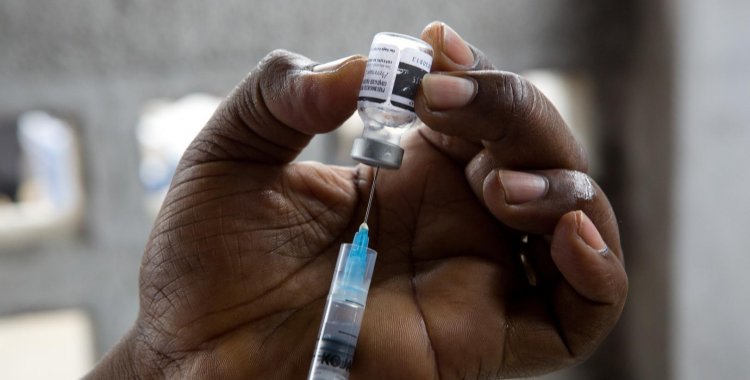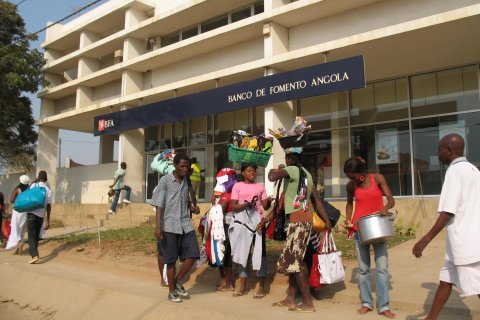The Economist Intelligence Unit report predicts that the majority of the adult population in advanced economies will have been vaccinated by mid-2022.
For middle-income countries, this period will extend to late 2022 or early 2023, while for the poorest economies, mass immunization will take place by 2024, if at all.
In this last phase, most African countries, including the Lusophone countries Angola, Cape Verde, Guinea-Bissau, Mozambique and São Tomé and Príncipe, as well as Timor-Leste, are to be found.
In the African continent, the exception is South Africa, which according to the report, should have most of its approximately 58 million inhabitants vaccinated by mid 2022.
Morocco, Egypt, Kenya, Ethiopia and Gabon should reach this target by the end of 2022.
The Economist Intelligence Unit ranks the prospects of immunization for developing economies as "worrying," noting that some middle-income countries and most low-income countries have COVAX, a World Health Organization-led initiative to secure 6 billion doses of vaccines for the poorest countries.
The first 2 billion vaccines will be given in 2021, with priority for health workers, but doses provided by COVAX will only cover up to 20 per cent of each country's population.
The study estimates, however, that vaccine supplies will be delayed and happen at a slower pace than initially anticipated, especially if production and delivery delays to richer countries worsen.
"Since unexpected procurement and supply problems have already occurred in most developed countries, it is likely that developing countries with poor infrastructure, few health workers, and inadequate refrigeration will find it even more difficult" to implement their vaccination plans, the study notes.
"This means that for many poor nations, the widespread arrival of vaccines will not begin until 2023, if at all," it adds.
The paper points to production as the main obstacle, as many countries have previously ordered more doses than they needed, also highlighting the "significant costs" associated with mass immunization programs, especially for the least developed countries.
"Vaccine diplomacy will play a major role in determining which developing countries will have access to in the coming months, with Russia and China using the launch of their own vaccines to advance their interests," the study notes.
The analysis also predicts that once priority groups have been vaccinated, some countries-especially the poorest and those with a young demographic profile-will lose their motivation to distribute vaccines, especially if the disease has spread or the associated costs prove too high.
The study points to examples of vaccines such as polio or tuberculosis, which have been available for decades but to which large segments of the population in the poorest countries still do not have access.
"What was called the 'new coronavirus' just a year ago will be with us in the long term, along with many other diseases that have shaped life over the centuries," points out The Economist Intelligence Unit.
The UK, US and most EU countries are expected to have immunized their priority groups (including the elderly, people with associated diseases and health workers) by the end of March, with other countries catching up by the end of June, predicts the study.
This, according to The Economist Intelligence Unit, should allow the global economic outlook "to become more favourable from mid-2021, with global economic recovery gathering pace in the third and fourth quarters.
"However, life will not return to normal as immunization programs for the majority of the population in advanced economies will continue until mid-2022," the paper notes, pointing out as "probable" even after that date, "local outbreaks of Covid-19, which could lead to the imposition of local or national blockades.







